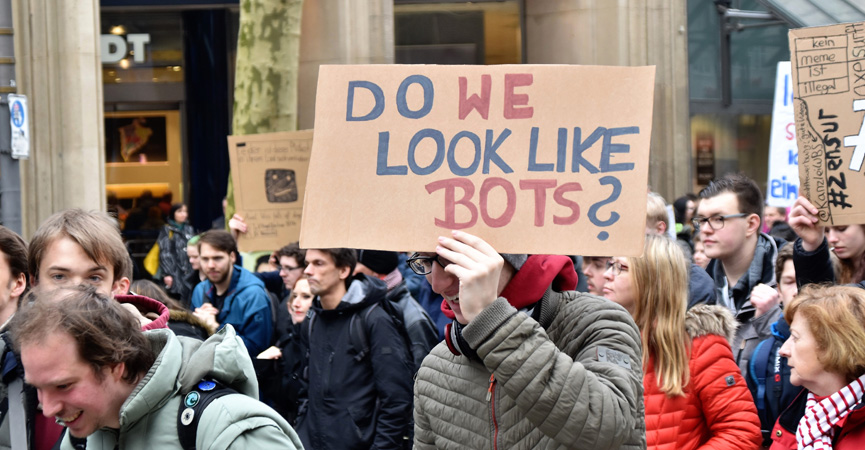
Like War and Disease: Political Liberalism and the Containment of Illiberal Views
Researchers: Gabriele Badano and Alasia Nuti
Funder: Humboldt Foundation
Can liberal democracies defend themselves from domestic illiberal forces without violating their liberal democratic values? This project answers this question by building on John Rawls’s political liberalism. Rawls’s political liberalism is a prominent framework explaining how individuals divided by ideas of the good life, religious beliefs and views about political justice can still live together under liberal democratic institutions. We provide the first comprehensive account of how liberal democracies should carry out ‘containment’ of illiberal views – a task that Rawls recognises as important but leaves largely underdeveloped. We develop a composite approach to containment; different actors, most importantly common citizens, political parties and municipalities, should all do their part, each in their own distinctive way, to contrast illiberal views in society.
Our novel account of containment speaks to current issues in that it uses the recent rise of the populist radical right to specify the responsibilities of citizens, parties and municipalities. By focusing primarily on non-state actors as agents of containment, our account fills a blind spot in existing theories of liberal democratic self-defence, which are traditionally ill-equipped to deal with cases where, as exemplified by the populist radical right in several countries, illiberal actors already occupy key governmental roles. Moreover, the project provides original answers to crucial general questions about Rawlsian political liberalism. In laying the theoretical ground for our discussion of containment, we advance a novel conception of the very purpose of political liberalism, an original defence of Rawls’s controversial distinction between reasonable and unreasonable views, and a reconceptualization of the relation between citizens as less civil than normally understood by political liberals.